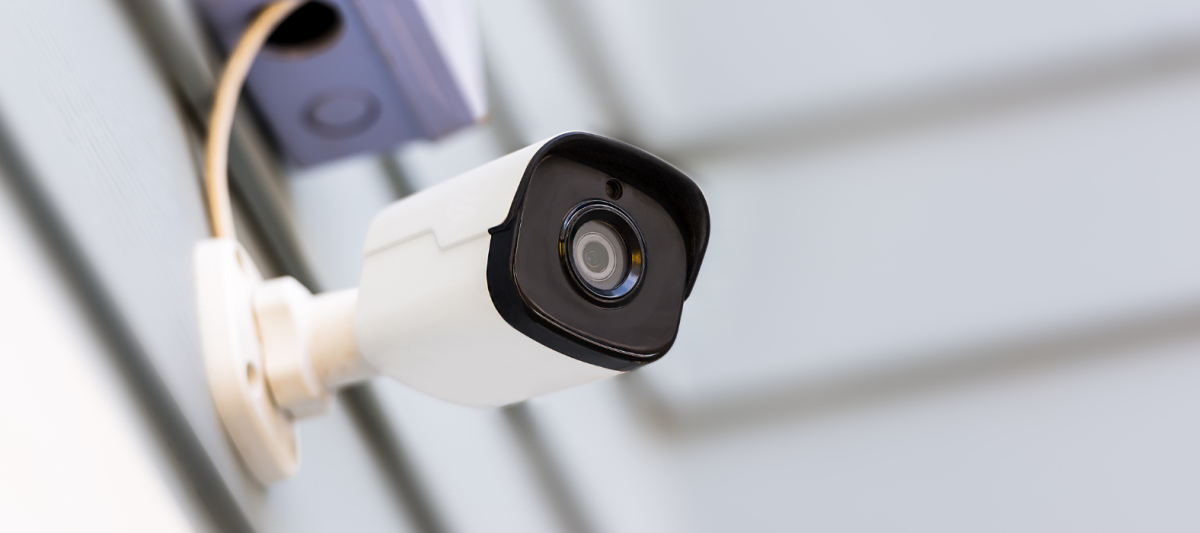
Four Critical Physical Safeguards
Physical Safeguards, the measures taken to protect the physical security of PHI, are a basic component of HIPAA compliance.
Physical safeguards are put in place to prevent unauthorized access to PHI, whether intentional or unintentional. They ensure that physical access to systems, equipment, and facilities that contain PHI is restricted to authorized personnel. Physical safeguards also protect against environmental hazards such as fire, water damage, and theft.
The following are four critical physical safeguards that must be implemented to protect ePHI:
- Facility Access Controls
- Workstation Security
- Device and Media Controls
- Disaster Recovery
Facility Access Controls
These are the measures used to control and monitor access to facilities where ePHI is stored or processed. Physical access controls include procedures for granting access to facilities, identifying individuals, and controlling entry to and exit from the facility.
Workstation and Device Security
These are measures used to protect workstations, servers, and other devices that store, process, or transmit ePHI. Workstation and device security controls are designed to protect ePHI from unauthorized access, use, or disclosure. Phyiscal access to workstations should be limited, and a workstation use policy should be established to outline acceptable use.
Device and Media Controls
These are the measures used to manage the use of electronic media that store ePHI. Device and media controls include procedures for the secure disposal and inventory of electronic media. Devices must be tracked and re-used appropriately, and employees must be trained regularly on these controls.
Disaster Recovery
What happens when a disaster situation takes place? Do your staff members know how to respond? Measures must be taken to prepare to continue operations in an emergency where access to PHI may be limited or cut off. Data backups should be stored off site as a precaution, and your team should be regularly tested on the crisis response plan.
Do you know the strength of your current physical safeguards? How do you assess HIPAA physical safeguards in your organization?
Medcurity provides HIPAA compliance solutions for healthcare providers of all sizes:
- Comprehensive Assessments
Medcurity's HIPAA Security Risk Assessment platform provides comprehensive assessments that cover all necessary components of an SRA. This includes taking inventory of protected health information (PHI) - where and what data is being stored by the organization - vulnerability assessments, risk analysis, and risk management plans.
- Always Updated
Because compliance requirements are constantly changing, Medcurity's platform provides ongoing updates to the SRA. This ensures that you will remain compliant with current laws and regulations, so that you can protect your organization from the costs of a breach.
- Time Savings
Conducting a HIPAA security risk assessment manually can be time-consuming and costly. Ditch the clunky spreadsheets and save time with Medcurity's streamlined assessment process, while simultaneously reducing the likelihood of errors and conducting a more effective SRA.
If you have further questions regarding HIPAA requirements or the Medcurity platform, please reach out to our team at Medcurity. We’re here to help you simplify HIPAA compliance, so that you can focus on providing the best patient care.